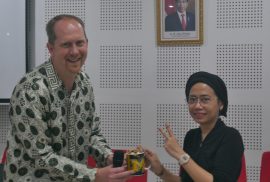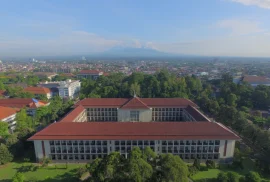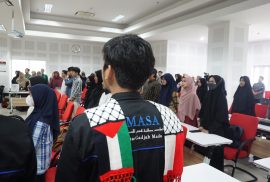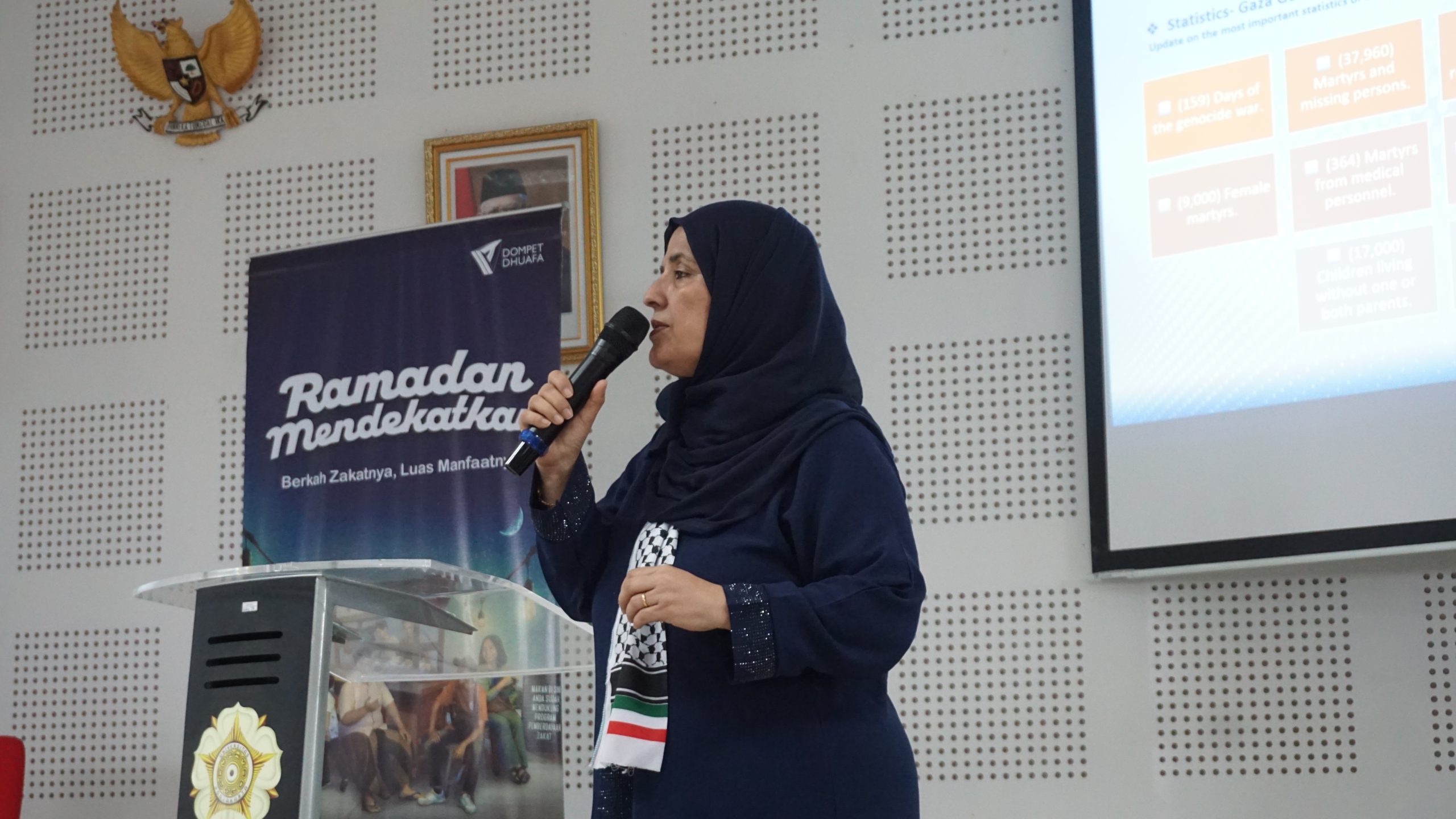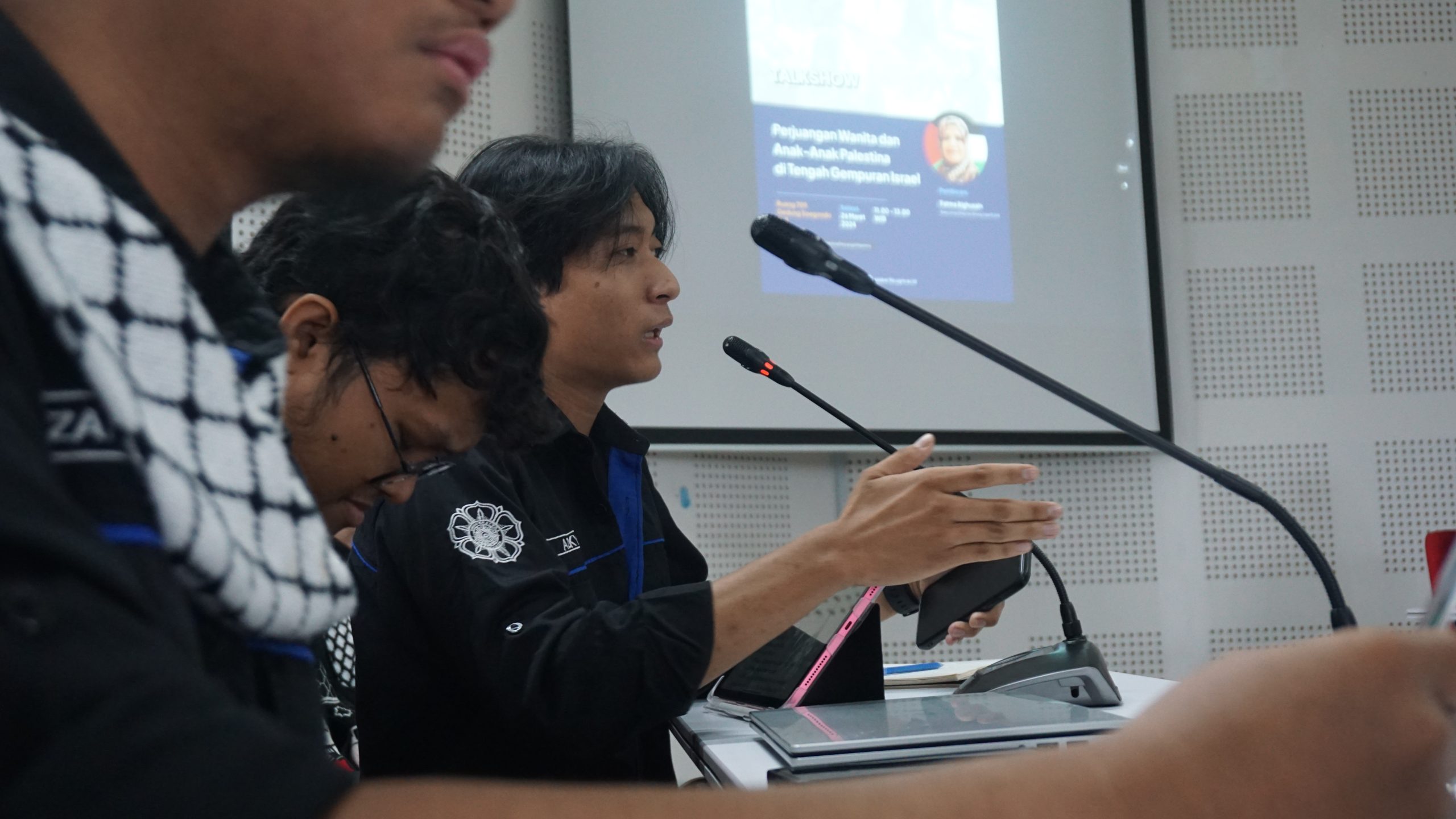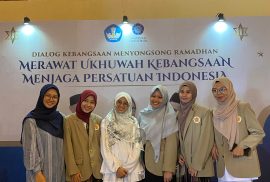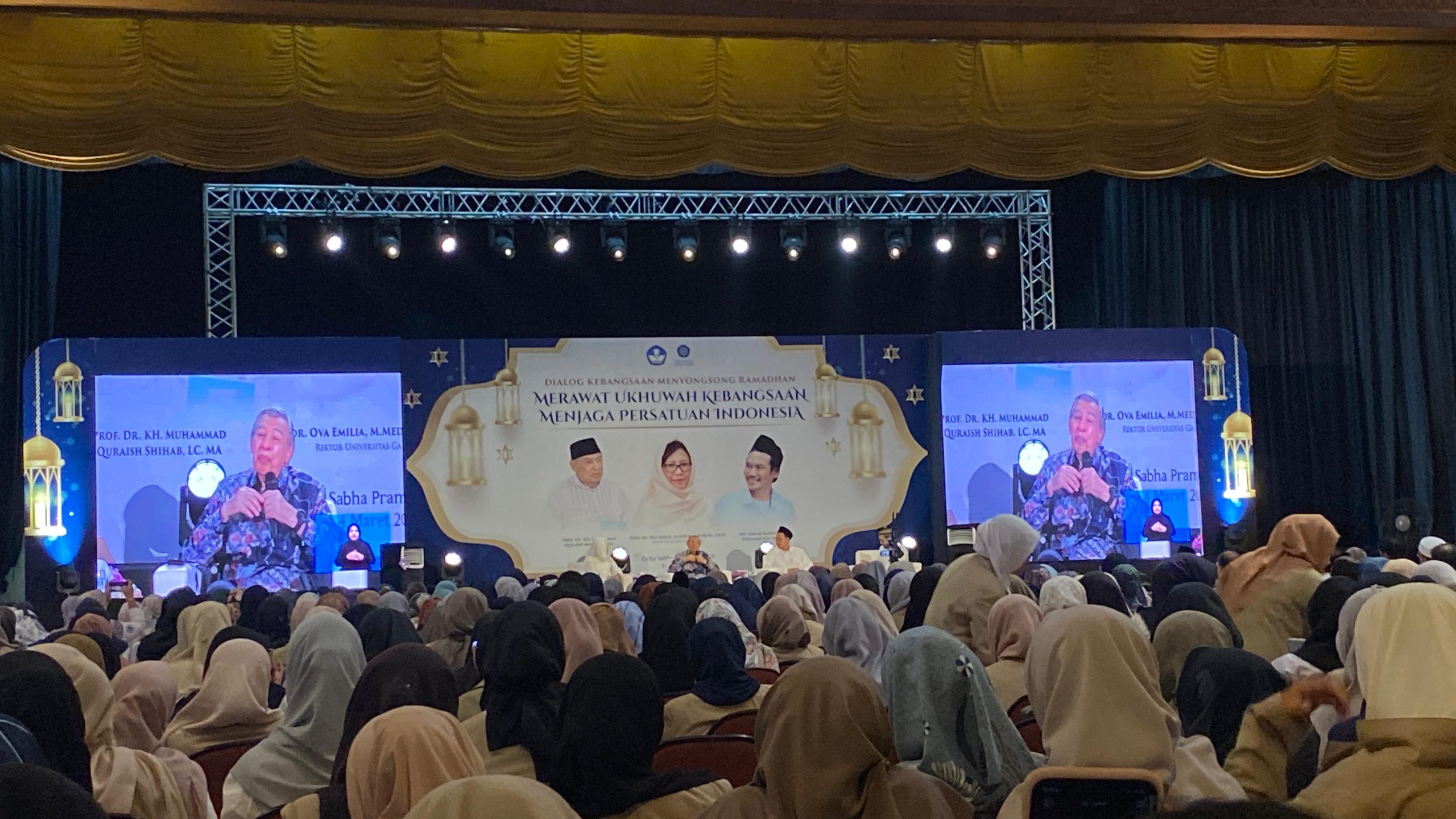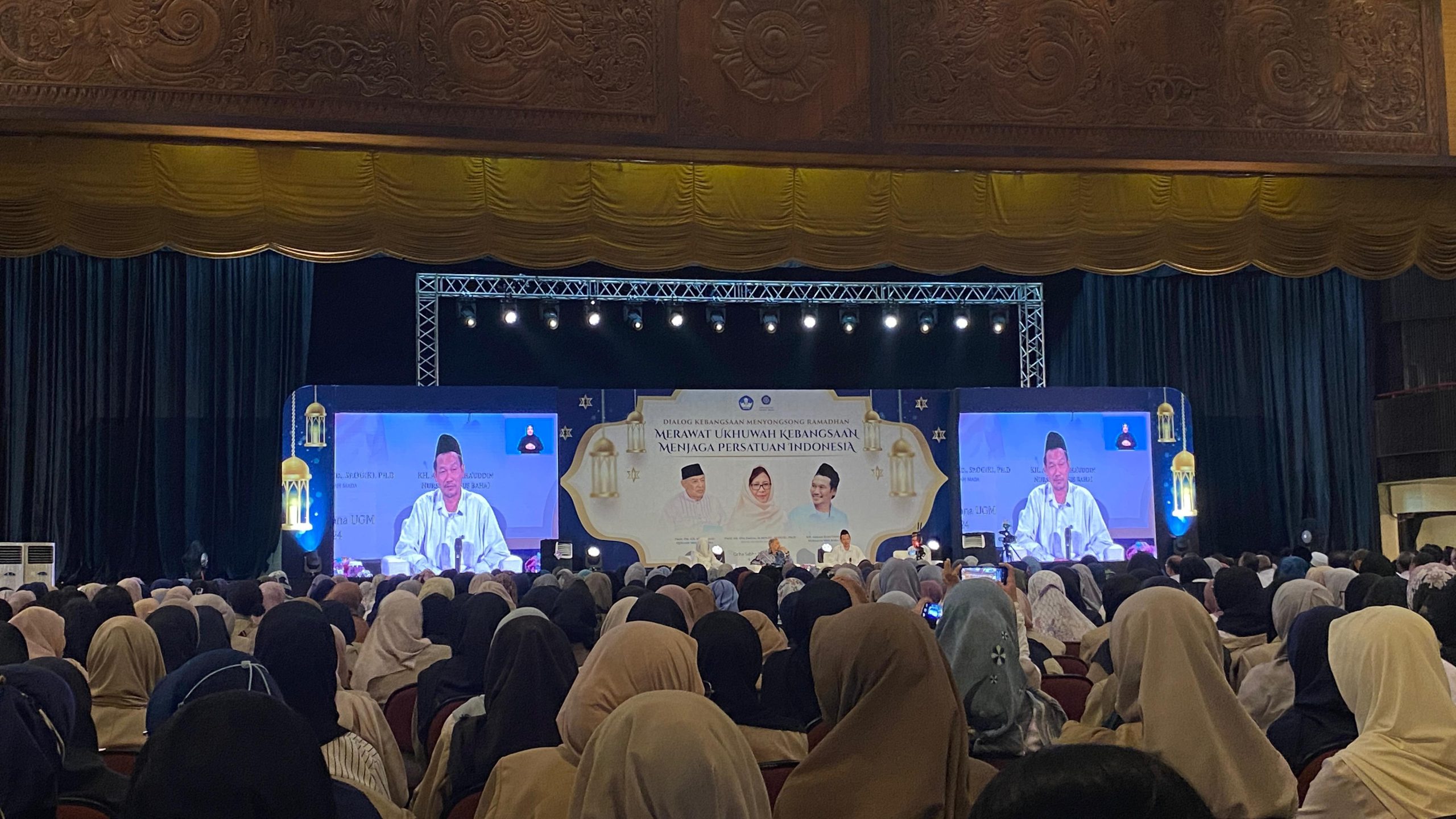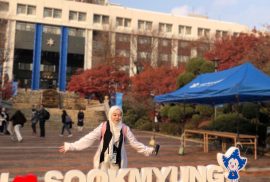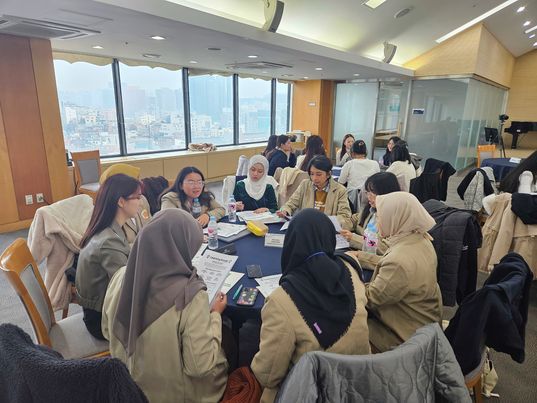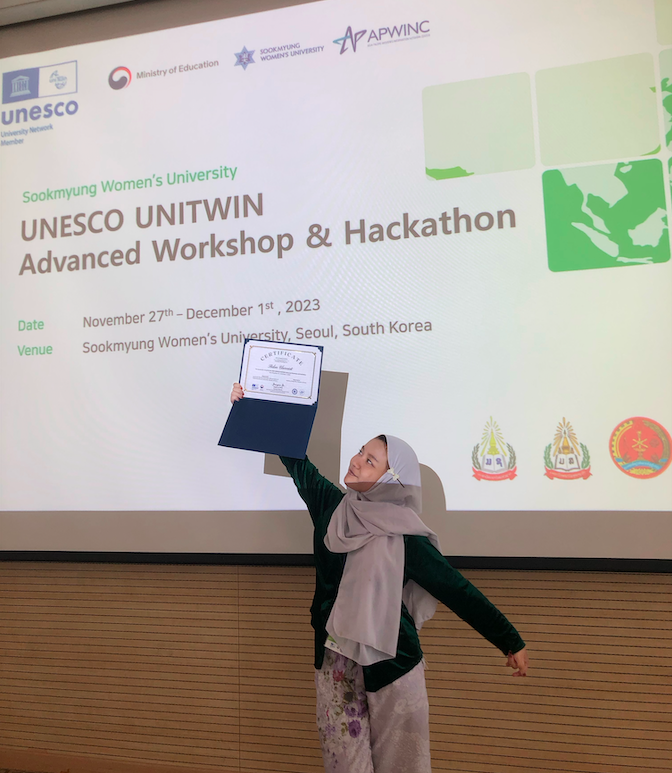SDG 4: Quality education | SDGs 4: Education for sustainability | SDGs 4: Equal access | SDGs 4: Cultural diversity | SDG 5: Gender equality | SDG 16: Peace, justice and strong institutions | SDGs 16: Education | SDG 17: Partnerships for goals | SDGs 17: Capacity building
Special Lecture and Workshop on “Gender and Sexuality in Indonesia,” a collaboration between the Department of Behavioral Sciences, College of Arts And Sciences, University of Michigan-Flint, USA, and the Department of Anthropology, Faculty of Cultural Sciences, Universitas Gadjah Mada, Indonesia, was held on May 8, 2024. That special lecture and workshop were part of a series of activities in the full summer short course, which will be held fromMay 8, 2024, until May 10, 2024. The theme of this event, “Gender and Sexuality in Indonesia,” was a short course that provides an opportunity to learn from local experts about these topics at Universitas Gadjah Mada, combined with a series of field visits.
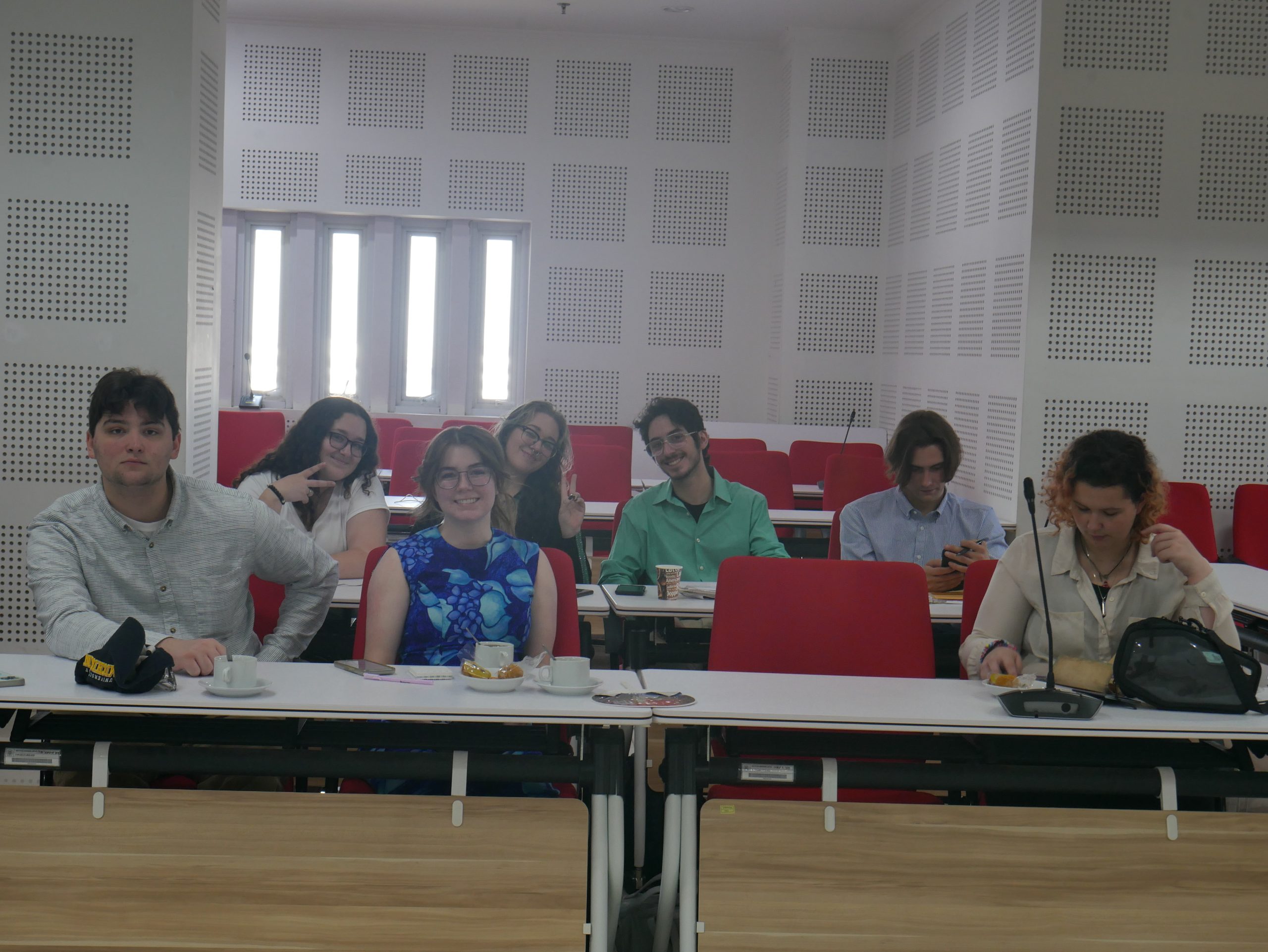
The aim of this short course is to help participants better understand the complexity and diversity of gender and sexuality aspects that intersect with Indonesian society as a whole. This is also an opportunity for students, both from the United States and Indonesia, to gain international perspectives and experiences. This short course is attended by 16 students from the University of Michigan-Flint, USA, under the guidance of Dr. Daniel Birchok. A series of activities has been planned since the beginning of this year, with 8 student committees from the Anthropology Department of Universitas Gadjah Mada under the guidance of Dr. Sita Hidayah and the Department of Anthropology of Universitas Gadjah Mada, led by Prof. Dr. Pujo Semedi.
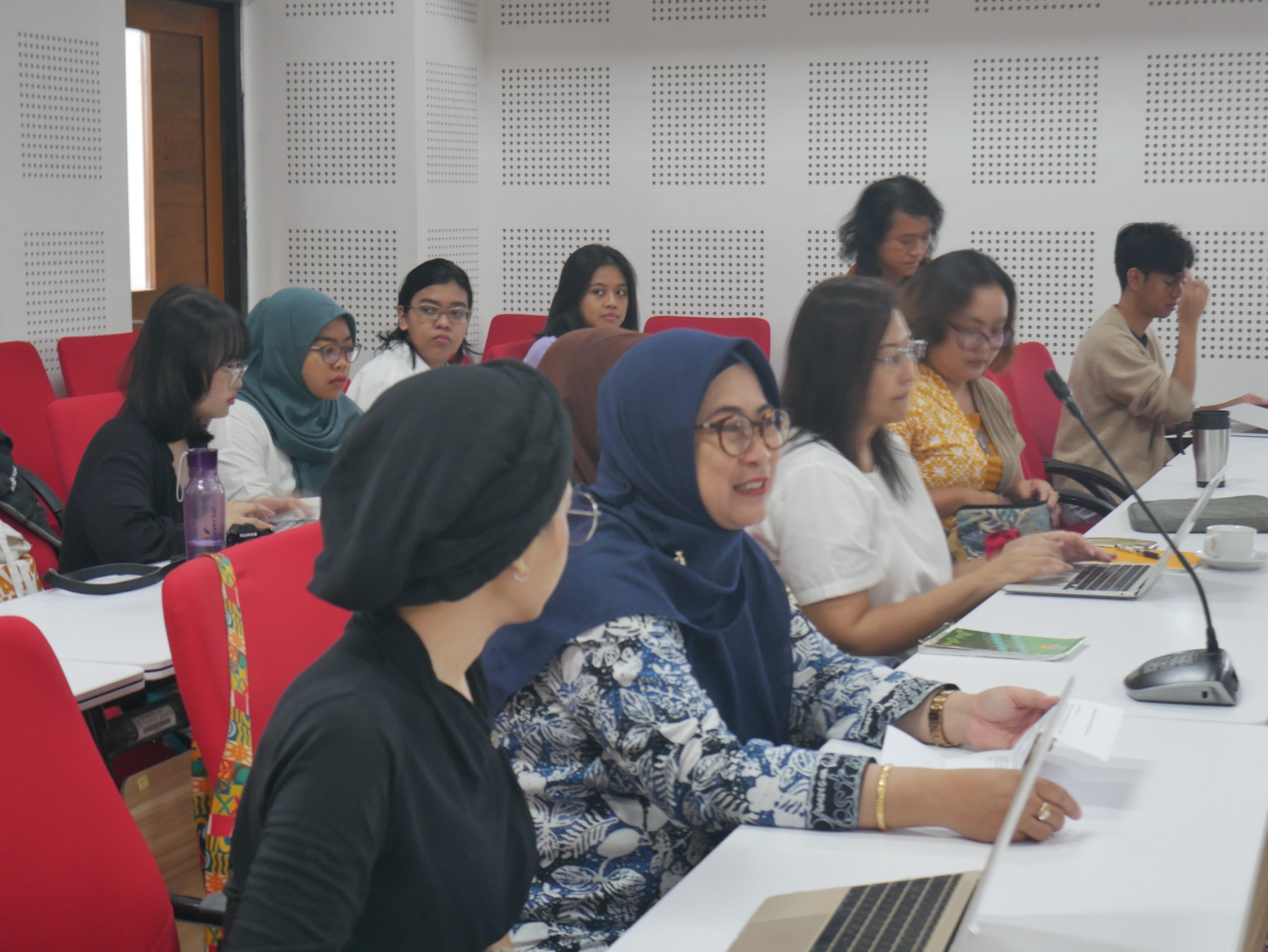
The event began by listening to the opening speech by Dr. Daniel Birchok. Dr. Birchok is an anthropologist of religion interested in religion and public life, especially Islam in Indonesia. His research focuses on everyday engagements with religious concepts, and he is especially interested in genealogical authority, religious temporalities, and ritual. He is writing about a group of Sufis (Islamic mystics) who reside on the west coast of Indonesia’s Aceh province, with special attention to how their changing forms of genealogical authority and evolving notions of orthodoxy reflect the place of religion in the Indonesian state. Next was the opening speech from (Dean/Vice Dean/Head of the Anthropology Department/Representative.
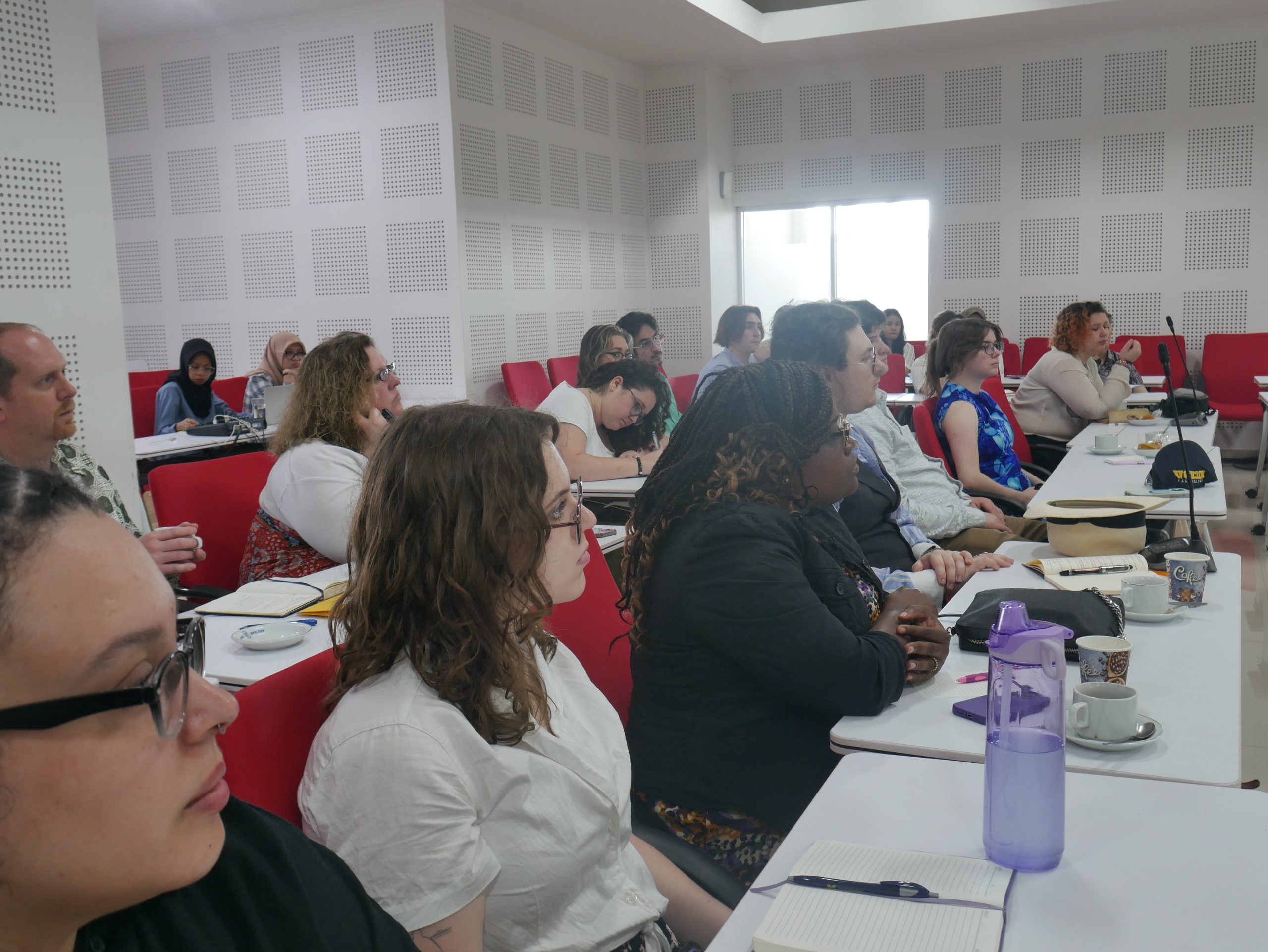
Before they proceed with next agenda, there were some information regarding the activities of that short course. fisrt, they were conducted a special lecture and workshop featuring 3 remarkable speakers who are lecturers at Universitas Gadjah Mada. Next, there will be a special session conducted by Samsara. Following that, specifically for the 16 students from the University of Michigan-Flint, the committee, and accompanying lecturers, there will be a field trip to Aisyiyah. After that, our activities will continue with field trips to Sanggar Tari Didik Nini Thowok and Pondok Pesantren Waria Al-Fatah. On the final day, the day after tomorrow, activities will proceed with a field trip to Yashanti at Pasar Bringharjo and Rifka Annisa.

